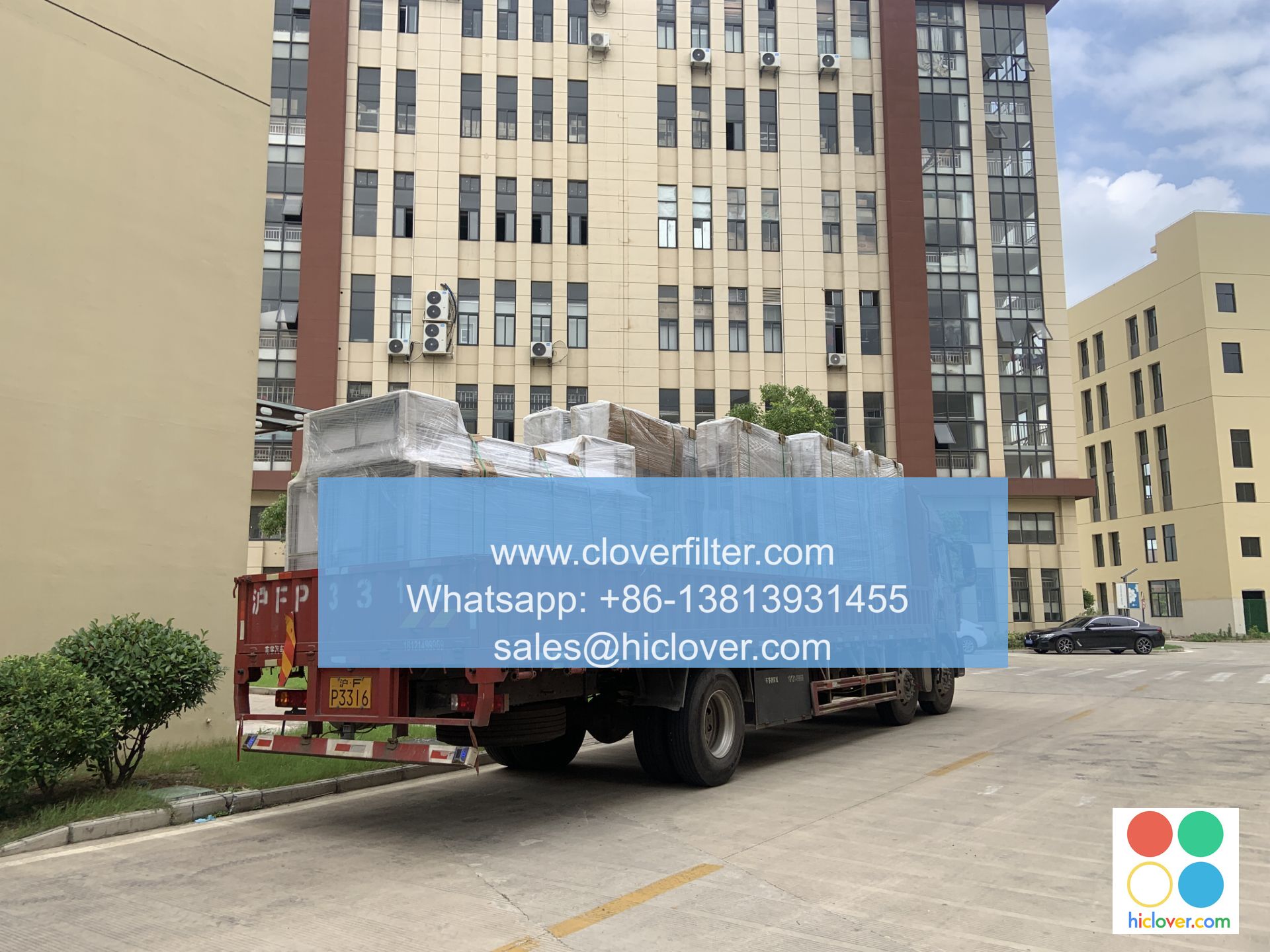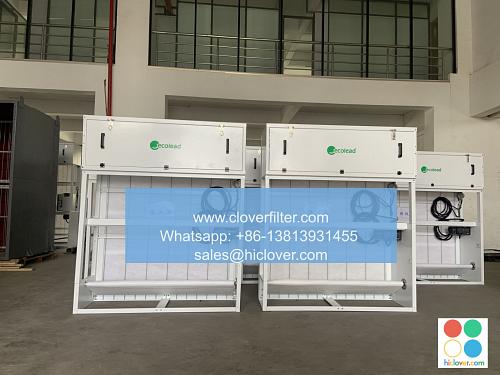The Benefits of Automatic Roll Air Filters in Meat Processing Facilities

Meat processing facilities require a high level of cleanliness and hygiene to ensure the quality and safety of their products. One crucial aspect of maintaining a clean environment is the use of air filtration systems. Automatic roll air filters have become an essential component in these facilities, providing numerous benefits that improve overall efficiency, productivity, and product quality. In this article, we will explore the advantages of using automatic roll air filters in meat processing facilities, highlighting their industrial air filtration capabilities and cleanroom technology applications.
Improved Indoor Air Quality
The primary function of automatic roll air filters is to remove airborne contaminants, such as dust, bacteria, and other microorganisms, from the air. By doing so, they help maintain a clean and healthy environment, which is critical in meat processing facilities where food safety and quality control are paramount. The use of HEPA filters and ULPA filters in these systems ensures that the air is purified to the highest standards, reducing the risk of contamination and improving overall indoor air quality.
Increased Efficiency and Productivity
Automatic roll air filters are designed to operate continuously, providing a steady flow of clean air throughout the facility. This ensures that production lines can run smoothly, without interruptions or downtime due to air quality issues. Additionally, the use of automatic filter replacement systems minimizes maintenance requirements, allowing staff to focus on other critical tasks. By optimizing air filtration systems and ventilation systems, meat processing facilities can improve their overall operational efficiency and productivity.
Reduced Maintenance and Energy Costs
Automatic roll air filters are designed to be low-maintenance and energy-efficient. The use of self-cleaning filters and automatic filter replacement systems reduces the need for manual cleaning and replacement, saving time and resources. Furthermore, the optimized design of these systems ensures that energy consumption is minimized, resulting in lower energy costs and a reduced carbon footprint. By implementing energy-efficient solutions and cost-effective maintenance strategies, meat processing facilities can improve their bottom line while maintaining a high level of air quality and cleanliness.
Compliance with Regulatory Requirements
Meat processing facilities are subject to strict regulatory requirements and industry standards, such as those set by the USDA and FSIS. The use of automatic roll air filters helps facilities comply with these regulations by ensuring that the air quality meets or exceeds the required standards. By implementing compliance solutions and quality control measures, meat processing facilities can minimize the risk of non-compliance and associated penalties or fines.
Application Areas
Automatic roll air filters can be applied in various areas of meat processing facilities, including:
* Production areas: To maintain a clean and healthy environment, ensuring the quality and safety of products.
* Packaging areas: To prevent contamination and ensure that products are packaged in a clean environment.
* Storage areas: To maintain a clean and dry environment, preventing the growth of bacteria and other microorganisms.
* Waste management areas: To prevent the spread of contaminants and odors, ensuring a clean and healthy environment.
Conclusion
In conclusion, automatic roll air filters are a crucial component in meat processing facilities, providing numerous benefits that improve overall efficiency, productivity, and product quality. By highlighting their industrial air filtration capabilities and cleanroom technology applications, it is clear that these systems play a vital role in maintaining a clean and healthy environment. By implementing cost-effective solutions and compliance measures, meat processing facilities can ensure the quality and safety of their products, while minimizing the risk of non-compliance and associated penalties or fines.

